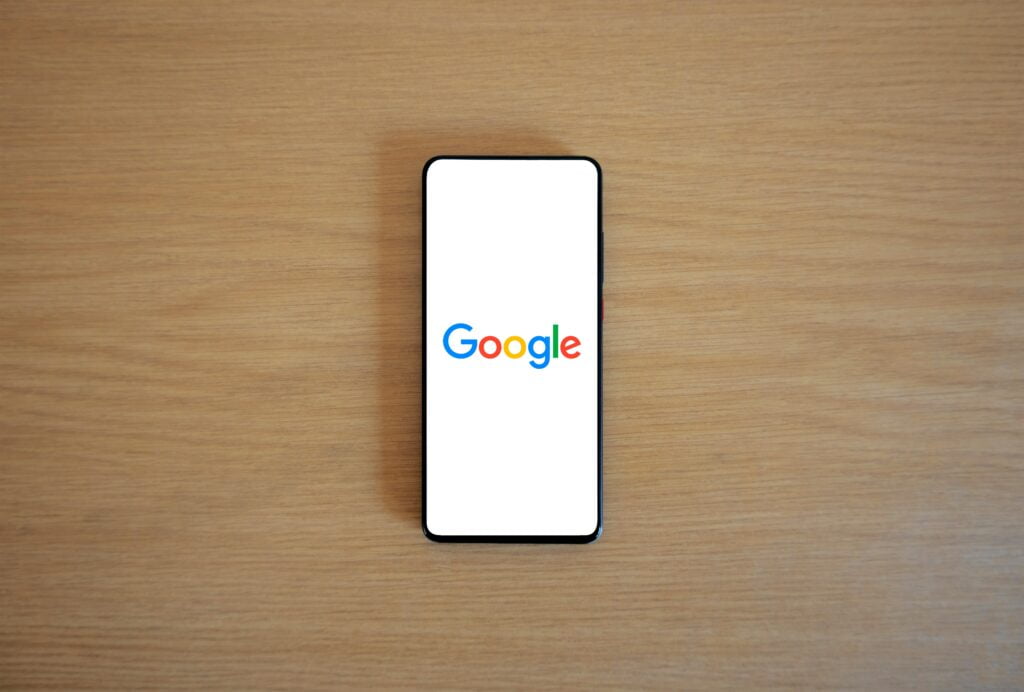
Magic Leap announced that the partnership would combine its AR expertise with Google’s technological infrastructure, however the announcement lacked specifics. Magic Leap already has Google as an investor.
“This partnership accelerates the transformative power of AR by combining our extensive optics capabilities with Google’s technologies to continue to advance immersive experiences for customers and the developer ecosystem,” stated Julie Larson-Green, chief technology officer of Magic Leap.
“We are excited to explore XR’s potential and combine useful, contextually relevant solutions with the physical world.”
“By working together, we can develop distinctive and cutting-edge product offerings that will support the future of the XR ecosystem.”
Most importantly, it was unclear from the release whether the two intended to market an AR gadget they had co-developed.
Over the years, Google’s feelings towards augmented reality have been mixed. With Glass, it was the early leader, but the consumer market mostly ignored the product. Last year, a second crack in enterprise form was retired.
Amidst rumors of its abandonment, the much-discussed Project Iris headset, which briefly appeared to be arriving this year, has also failed to materialize.
But Google has its irons in the fire. In addition to partnering with Qualcomm and Samsung to power the latter’s future headset, the company recently announced that it will debut an XR video conferencing solution with HP in 2025.
“We look forward to bringing together Magic Leap’s leadership in optics and manufacturing with our technologies to bring a wider range of immersive experiences to market,” stated Shahram Izadi, Vice President and General Manager of AR/XR at Google.
Business Concentration
Magic Leap CEO Ross Rosenberg and CTO Daniel Diez talked about the company’s revised roadmap at CES 2024, which came after a big 2023 that saw a change in leadership.
Magic Leap has refocused on enterprise and industrial clients for its XR devices since Rosenberg’s hiring in October. The present stage, which focuses on commercial adoption and developing customer use cases, is what he called “chapter three.”
Magic Leap works with corporate customers like Siemens to demonstrate their cutting-edge XR display for use in commercial settings. A few industries that could profit from their XR technology are office settings, healthcare, and military training.
Diez went on to say that Magic Leap is intended for use in industrial environments, such as immersive training for intricate processes needing accurate tracking and detailed digital twins.
As the market demands change, the company wants to move past the excitement around the metaverse and into useful applications for its products.
Additionally, Magic Leap received $590 million from the national wealth fund of Saudi Arabia, enhancing its valuation to more than $4.5 billion and bolstering its enterprise-focused “chapter three” strategy. The XR market is getting more and more competitive, with businesses like Apple, Magic Leap, and Meta fighting for supremacy.







